Individual Behavior, Personality, and Values: A Detailed Report
VerifiedAdded on 2022/05/30
|40
|1593
|53
Report
AI Summary
This report provides a comprehensive overview of individual behavior, personality, and values in an organizational context. It delves into the MARS model, exploring how motivation, ability, role perceptions, and situational factors influence individual behavior and results. The report examines personality traits using the Five-Factor Model (CANOE) and discusses common personality measures like the MBTI. It also addresses self-concept, including complexity, consistency, and clarity, and explores the 'four selves': self-enhancement, self-verification, self-evaluation, and the social self. Furthermore, it covers values in the workplace, including Schwartz's Values Model, values congruence, and values across cultures, such as individualism, collectivism, power distance, uncertainty avoidance, and achievement-nurturing orientations. Finally, the report discusses ethical principles, including utilitarianism, individual rights, and distributive justice, and examines influences on ethical conduct and ways to support ethical behavior within organizations.
1 out of 40
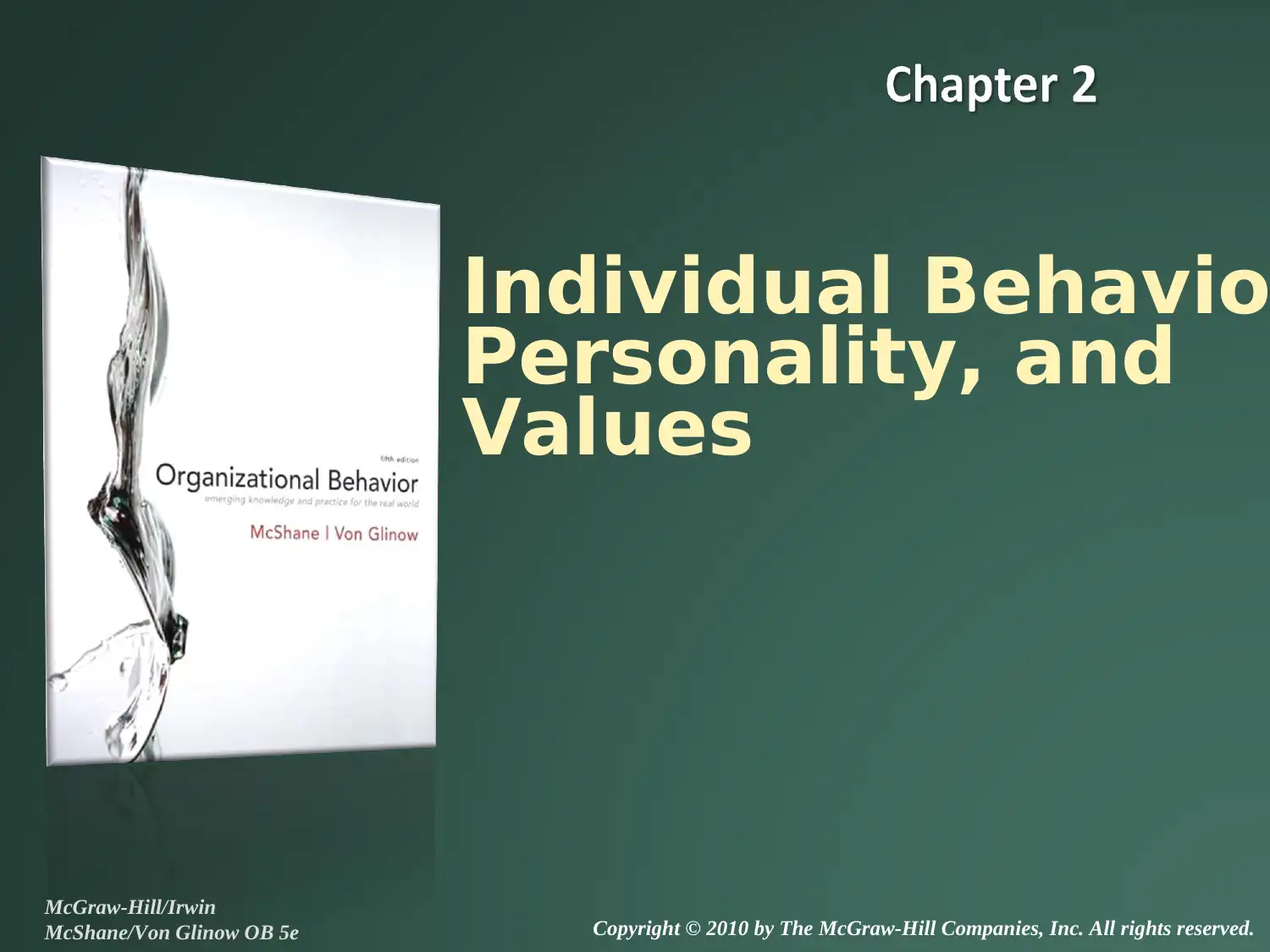
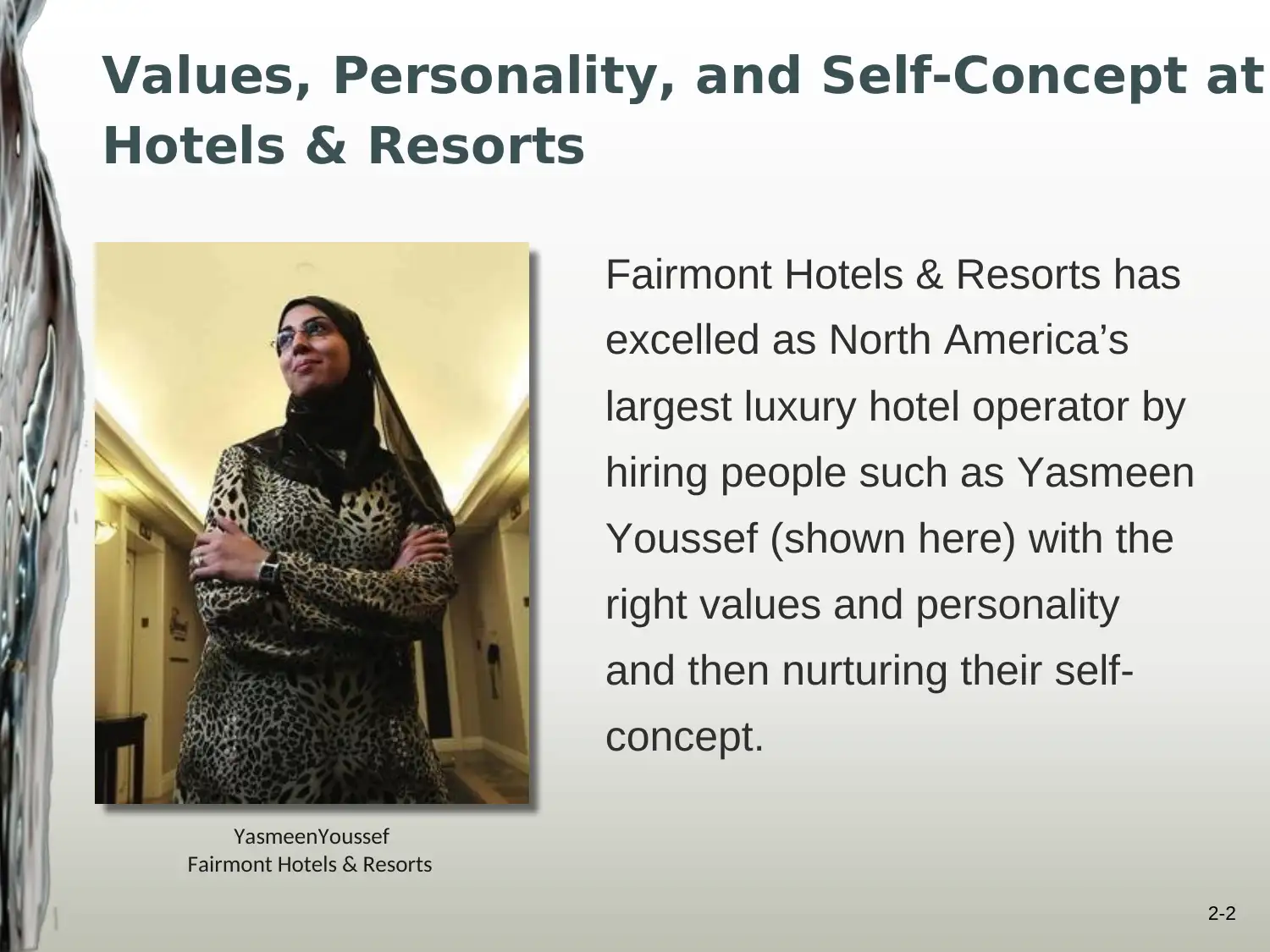
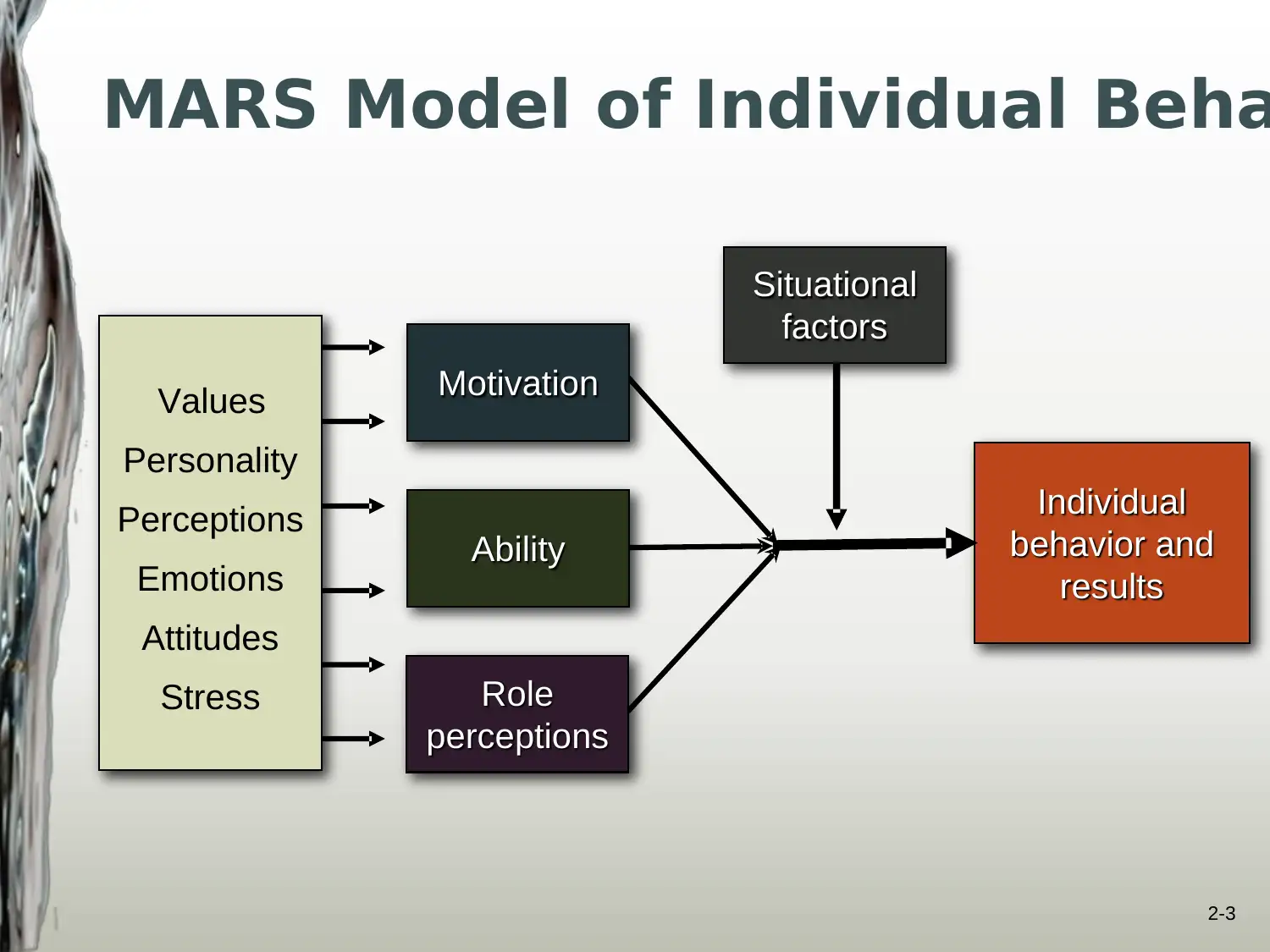

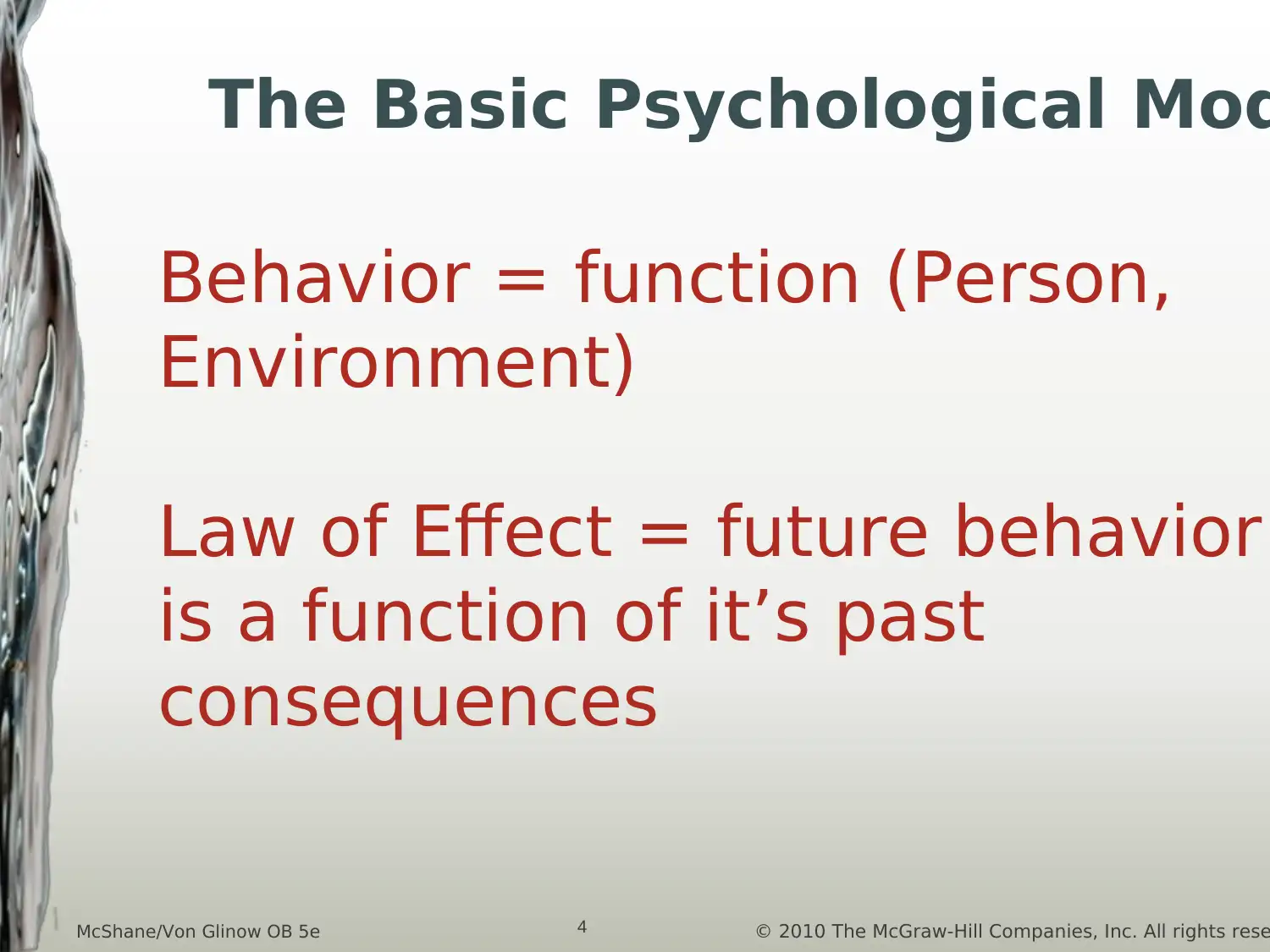
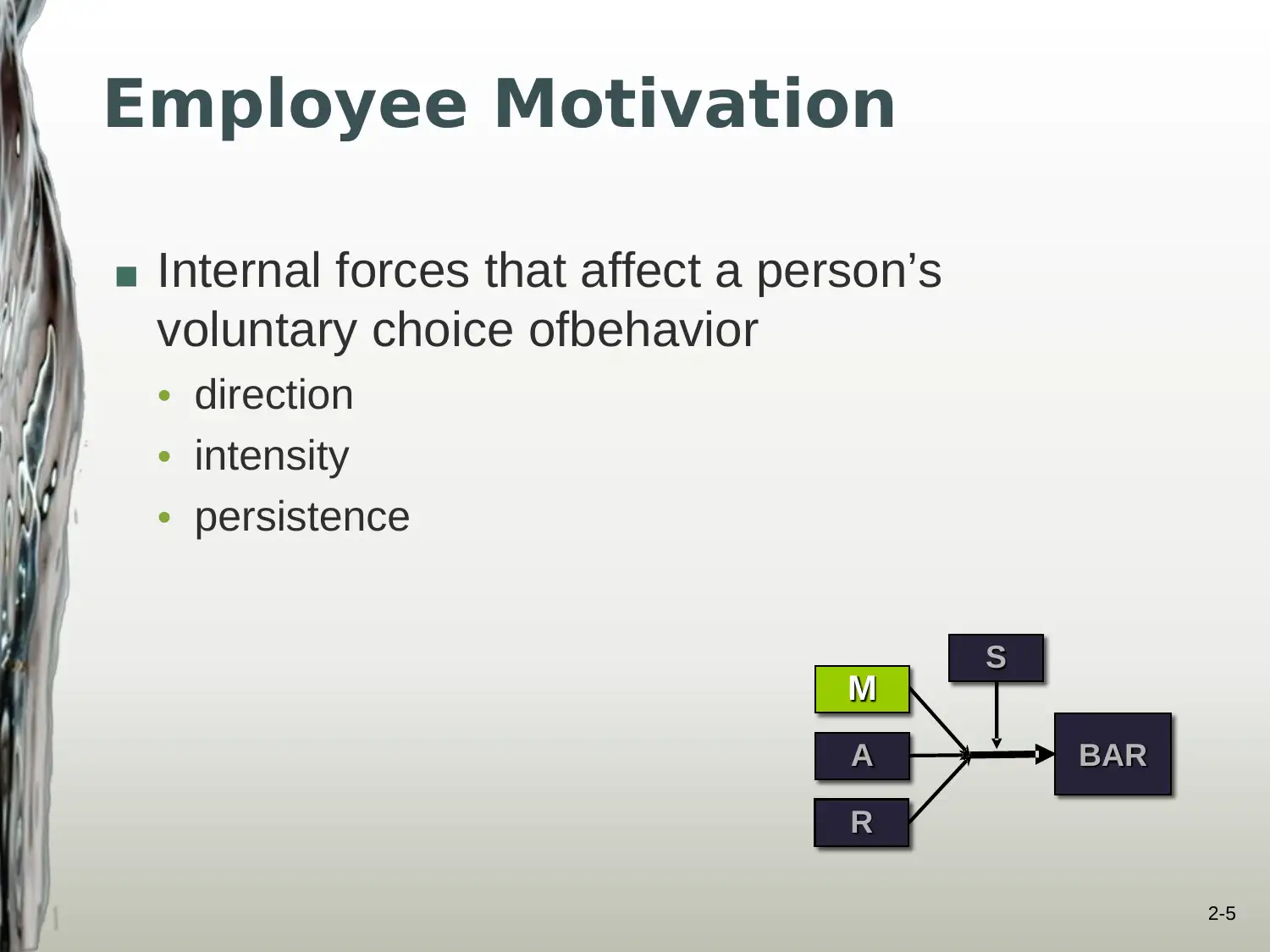
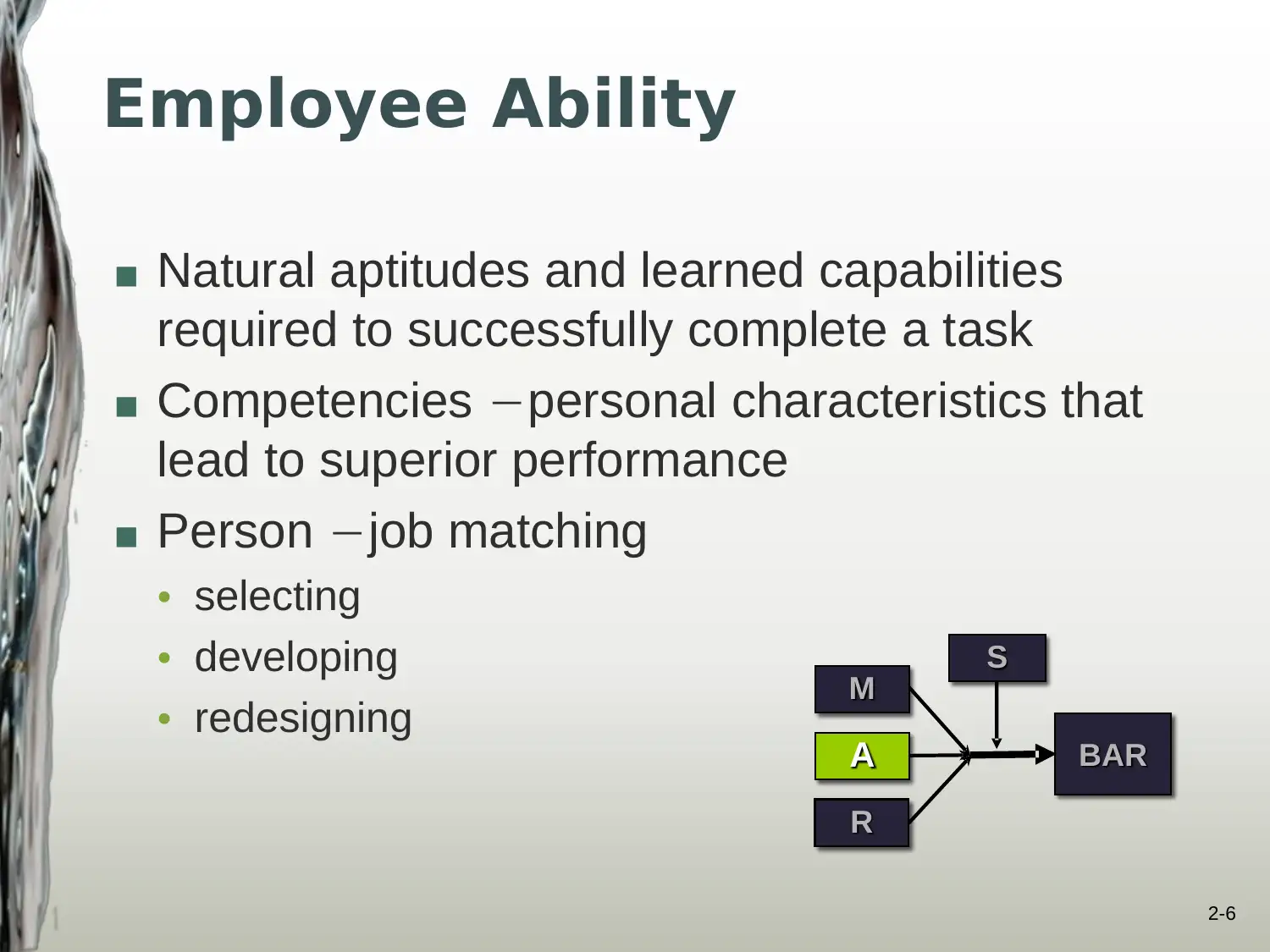
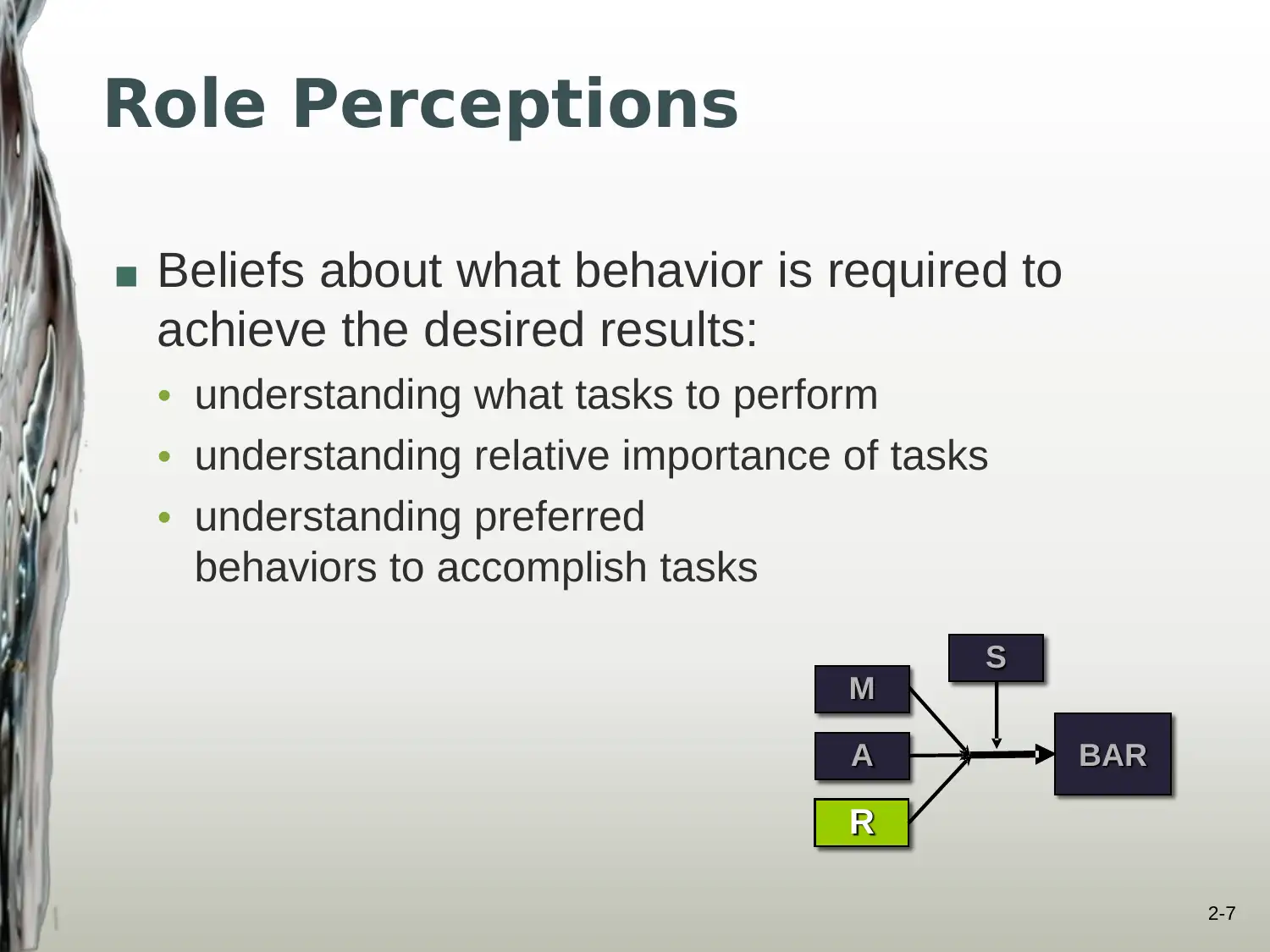
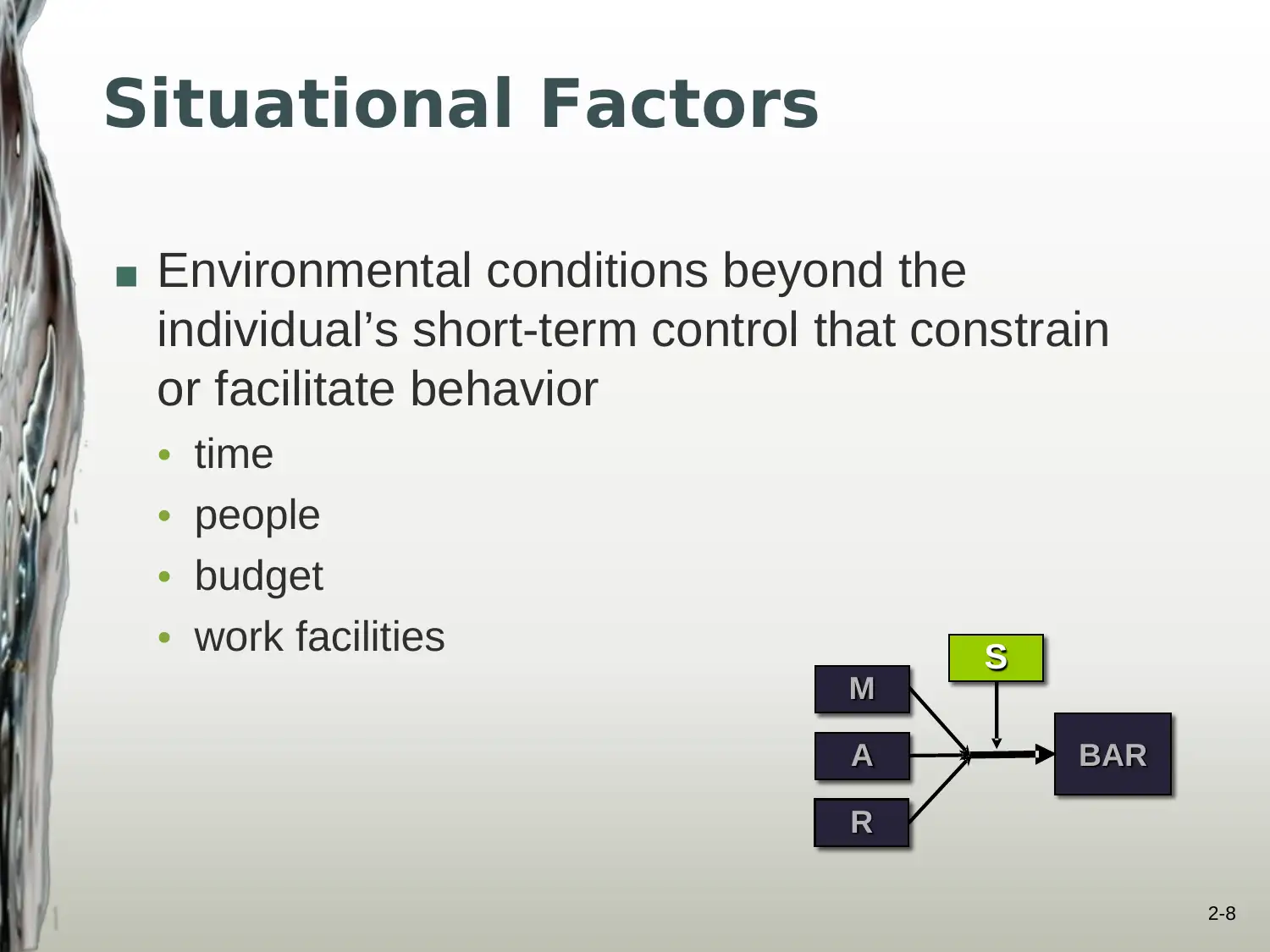
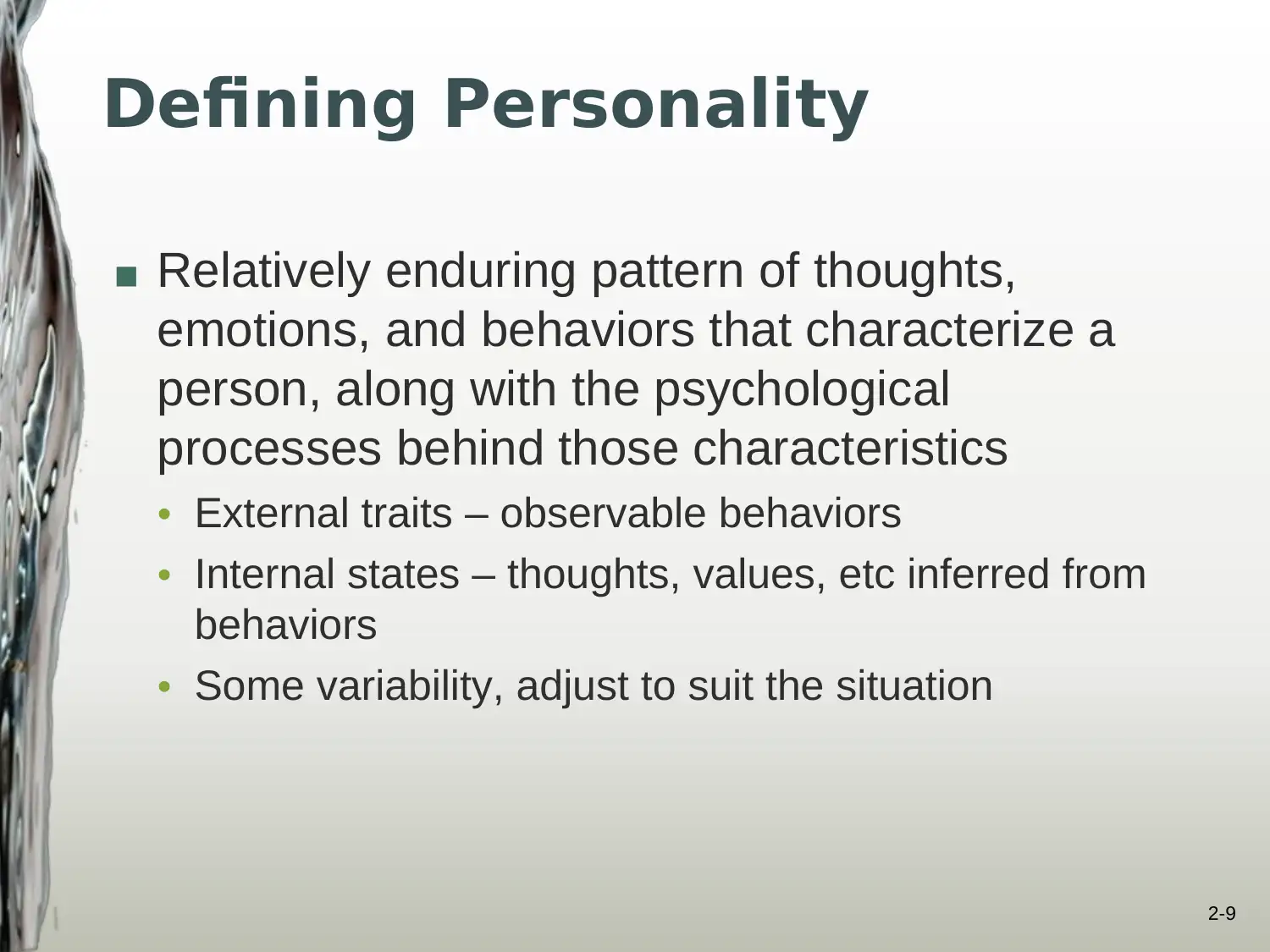
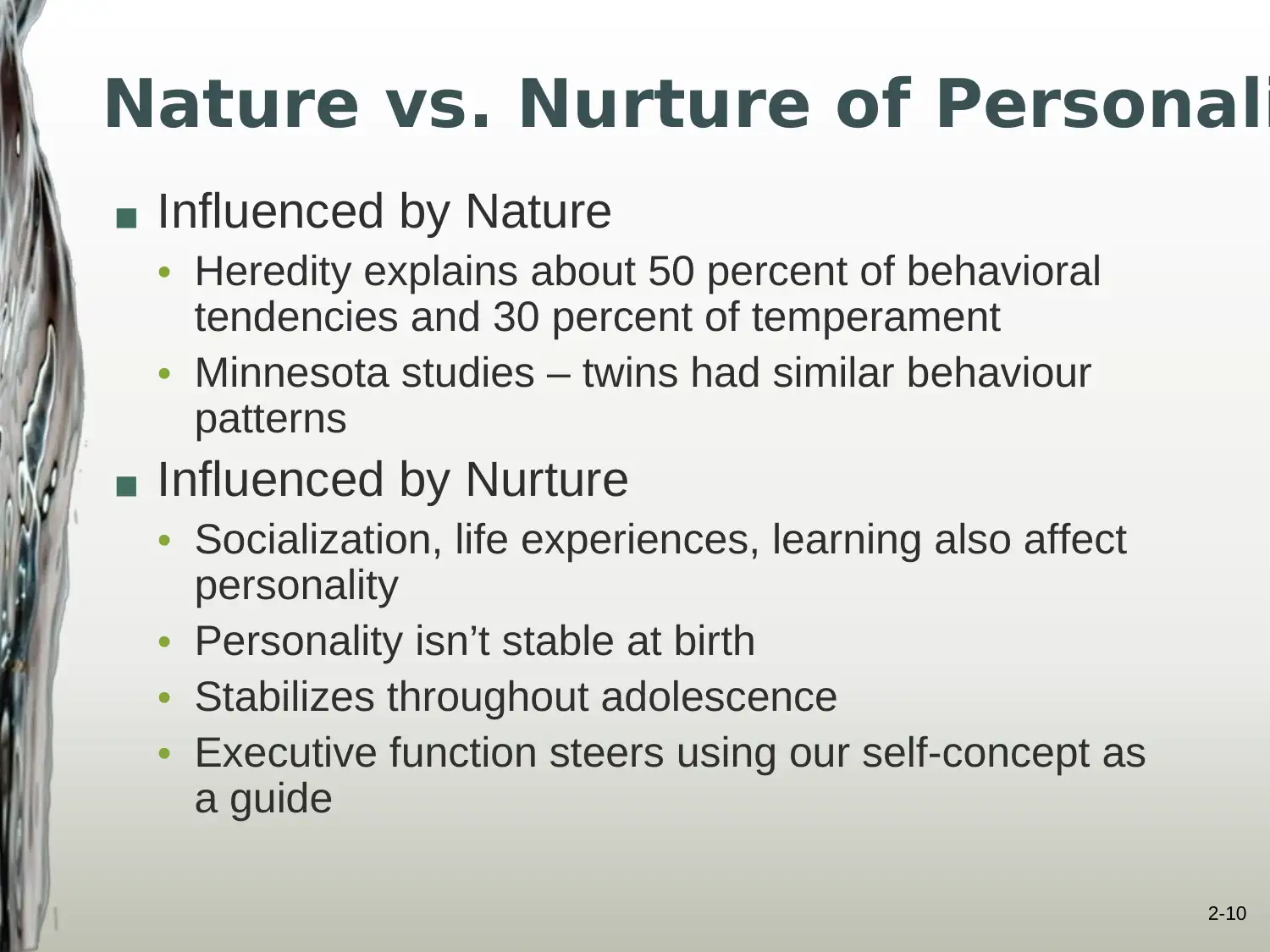
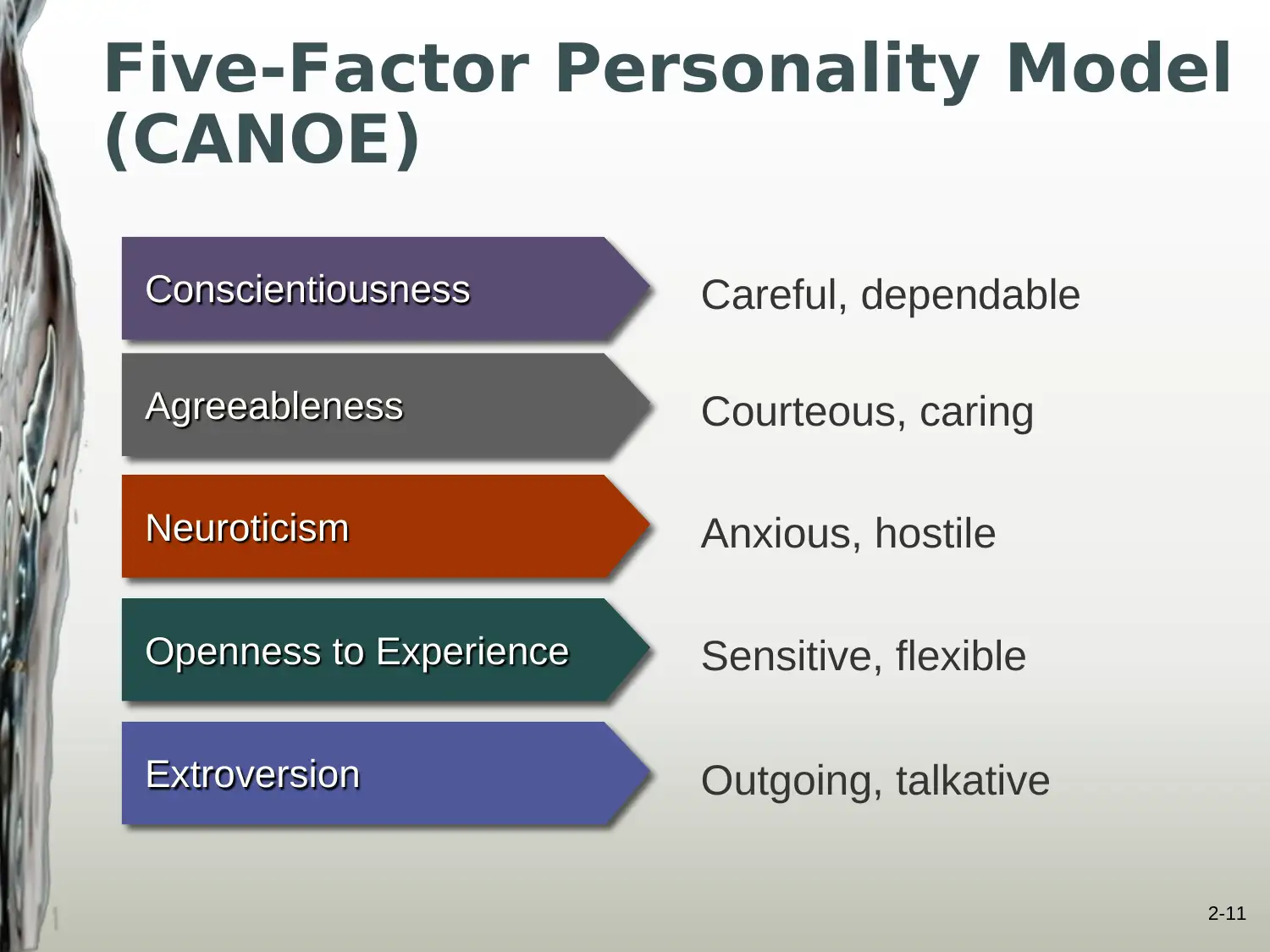
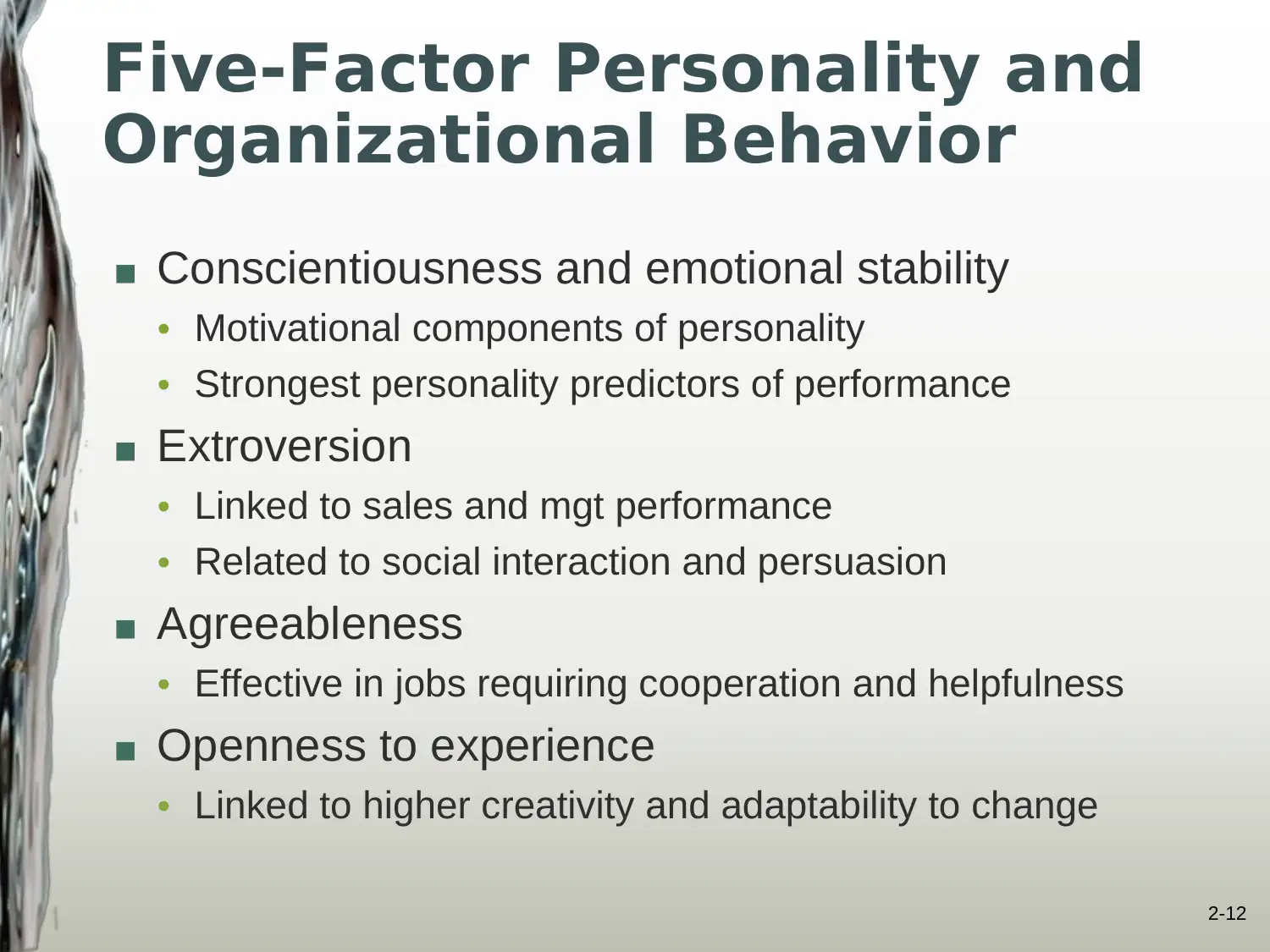
![[object Object]](/_next/static/media/star-bottom.7253800d.svg)